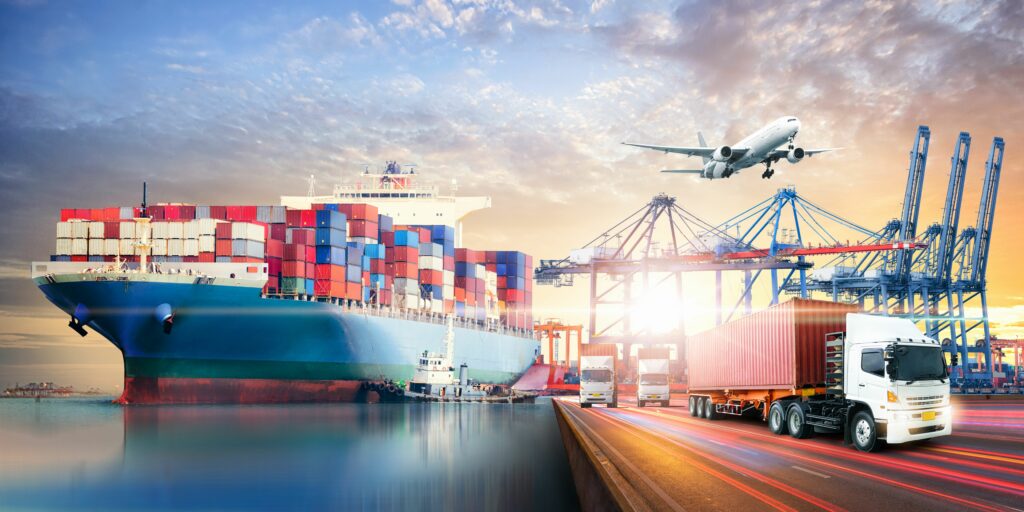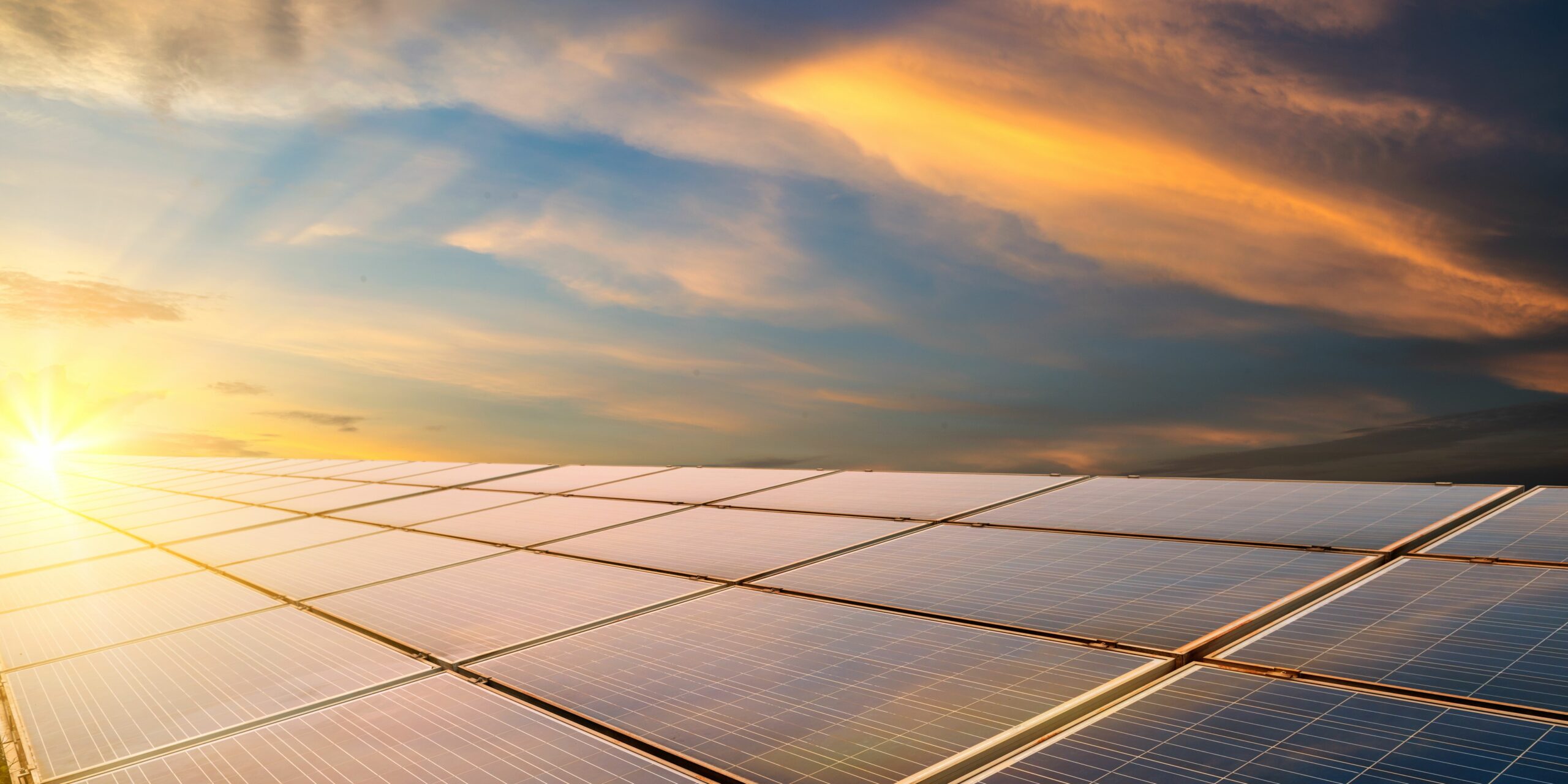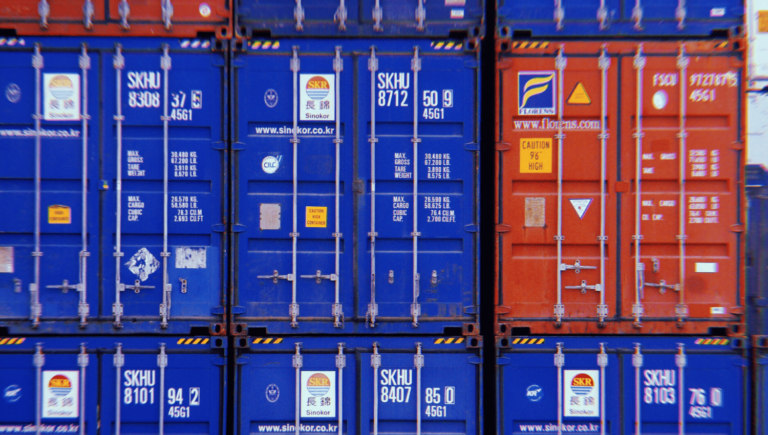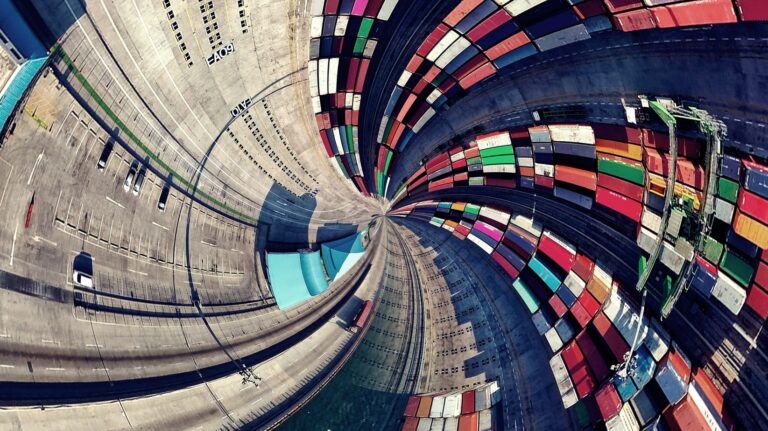The Catch-22 of the US Solar Boom: Opening the Indian Market to Banned Chinese Products
The rapid growth of the solar industry in the United States has paved the way for new opportunities, not only domestically but also in international markets. However, as the US solar boom opens a $2 billion Indian door for imports, a new predicament emerges. A closer look reveals that some of these products originate from China, where concerns about forced labor and human rights violations persist. In this blog, we examine the implications of this burgeoning trade and the challenges faced by both the US and Indian solar industries.
The Rise of Indian Solar Industry:
Amidst the upsurge of the US solar market, India has emerged as a major player, exporting a staggering $2 billion worth of solar panels to the US in the first 11 months of 2023 alone. This marks a significant increase compared to the previous year, highlighting India’s growing presence in the global solar industry.
The Questionable Components:
However, a deeper investigation into the supply chain reveals a concerning reality. Indian solar producer Waaree Energies Ltd has been sending millions of panels to the US that contain components from a Chinese company, Longi Green Energy Technology Co. These components have faced repeated denials for entry into the US due to concerns about forced labor. Longi’s solar cells, produced in Malaysia and Vietnam, are integral to the panels from Waaree Energies, which are used across solar farms in Texas and other states.
Enforcement and Compliance Challenges:
The importation of these panels raises questions about the enforcement of bans on products associated with human rights abuses, particularly the forced labor of Uyghur people in China’s Xinjiang region. While the US Customs and Border Protection agency has detained thousands of shipments of solar panels made by Chinese-owned companies, the focus primarily remains on China, allowing Indian solar producers to seize the opportunity and expand their exports to the US market.
The Risk of Uyghur Forced Labor:
Experts argue that even panels labeled “Made in India” could potentially contain materials or components produced using Uyghur forced labor. The complex supply chains in which polysilicon from multiple sources in China is blended together heighten the risk. With Longi’s factories in Southeast Asia using materials from Xinjiang, the likelihood of Uyghur involvement in the production process remains high.
Uneven Enforcement and Geopolitical Dynamics:
Critics point out that the enforcement of bans on products tied to human rights violations has been disproportionate and inconsistent. While no shipments from Indian companies have been detained thus far, the enforcement actions primarily target large companies headquartered in China. This raises concerns about the effectiveness of the bans and whether geopolitical factors influence enforcement decisions.
The Biden Administration’s Friendshoring Policy:
The Biden administration has been actively seeking alternative supply chains and reducing dependence on Chinese manufacturing. The policy of “friendshoring” aims to foster alliances with countries like India, where solar manufacturing is encouraged. This endeavor intends to counter Chinese dominance in the sector and promote ethical sourcing and manufacturing practices.
The US solar boom has undoubtedly opened doors for the Indian solar industry to expand its exports. Nevertheless, the reliance on components from Chinese companies with a history of forced labor allegations presents a delicate dilemma. Balancing the need for a thriving solar industry with ethical sourcing practices and enforcing bans on products associated with human rights abuses is a challenge that necessitates international cooperation and scrutiny. As the solar market continues to grow, the industry must navigate these complexities while ensuring sustainable and responsible practices throughout the supply chain.
Source: https://economictimes.indiatimes.com/industry/renewables/us-solar-boom-opens-2-billion-indian-door-to-banned-products-from-china/articleshow/107422544.cms?from=mdr

International Logistics
If you’ve ever considered expanding your expertise in the dynamic field of logistics and supply chain management, now is the perfect time to take the plunge. Sign up now for an upcoming course:








